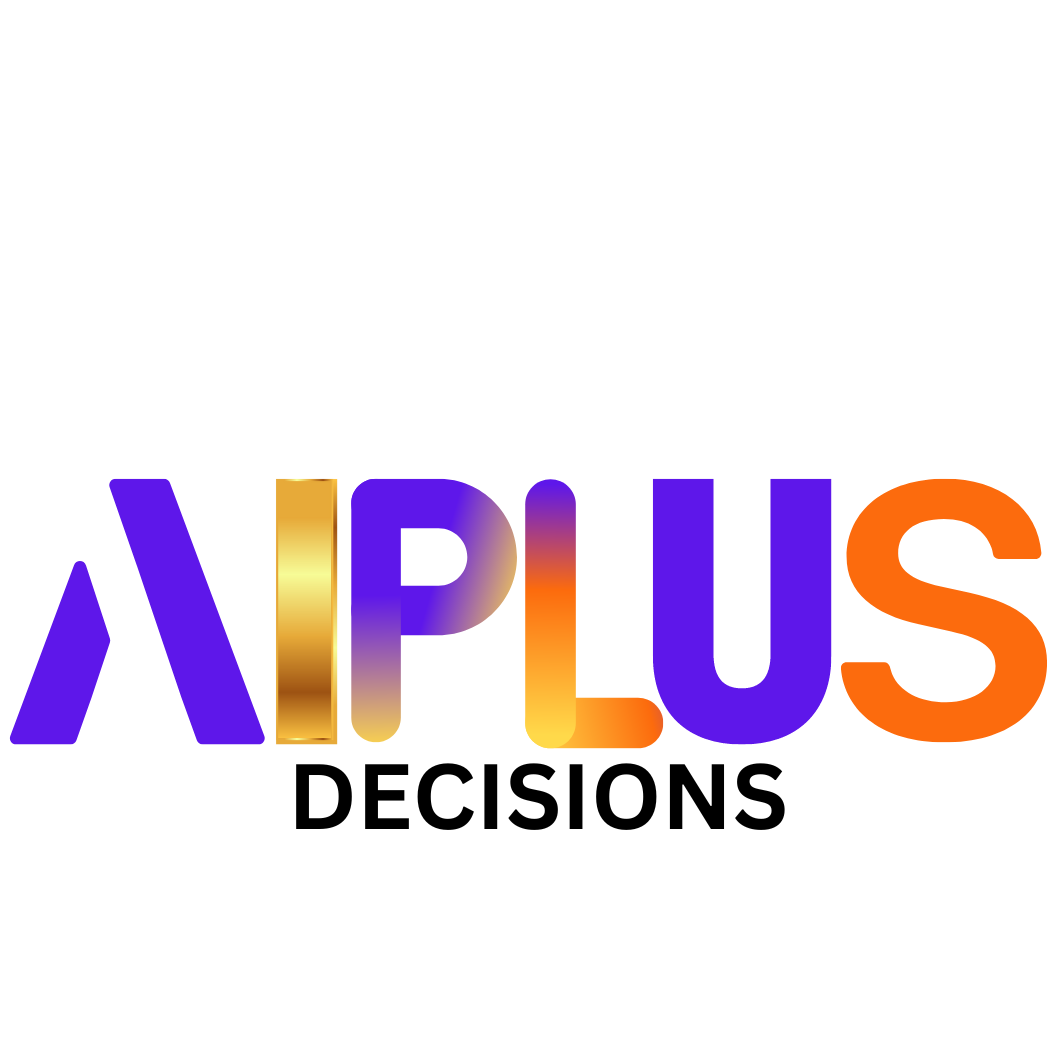Customer Support & Product Recommendations Chatbot
John C
July 21, 2023

Introduction
A Customer Support & Product Recommendations Chatbot is an automated software tool powered by artificial intelligence (AI) and natural language processing (NLP). This technology is predominantly used in retail and e-commerce businesses, but can be adapted for any industry that requires customer interaction and product recommendations. In essence, it acts like a virtual assistant, providing constant support, answering inquiries, offering product recommendations, and even escalating issues to human agents when necessary. Functionality The Chatbot operates across several key functions:
- Customer Support: The chatbot is equipped to answer customer queries, troubleshoot issues, and guide users through various processes. It can also manage complaints and either provide solutions or escalate matters to human agents.
- Product Recommendations: Leveraging customer’s preferences, browsing history, and other data, the chatbot suggests products or services. It can provide detailed information about products, compare different options, and aid customers in making informed purchasing decisions.
- Personalization: By recalling customer preferences, the chatbot can tailor interactions and provide individualized product recommendations, delivering a personalized customer experience.
Data Collection: The chatbot is capable of collecting crucial customer data, including feedback, preferences, and behaviors. This data can then be used to enhance products, services, and overall customer experience.
Building a Comprehensive Knowledge Base for AI-Powered Chatbots
A solid knowledge base is the backbone of efficient AI-powered chatbots, enabling them to deliver accurate, relevant responses and personalized product recommendations. Here are the key components needed for building a robust knowledge base:
FAQs: Having a list of frequently asked questions and their respective answers allows the chatbot to readily respond to common user queries.
Product Information: Detailed descriptions of the products or services allow the chatbot to provide accurate information and suggest personalized recommendations to potential customers.
Customer Interaction History: Past interactions with customers offer valuable insights into common issues, customer preferences, and what constitutes effective responses.
Policies and Procedures: Knowledge about the business’s policies and procedures equips the chatbot to inform users accurately about matters like return policies, shipping, warranties, and privacy protections.
Customer Reviews and Feedback: This provides the chatbot with real-world insights into the strengths and weaknesses of the business’s offerings.
“There’s no one thing that defines AI. It’s more like a tapestry of modern intelligent technologies knit together in a strategic fashion that can then uplift and create a knowledge base that is automated — where you can extrapolate findings from there.”
- John Frémont, founder and chief strategy officer, Hypergiant

Industry-Specific Knowledge for Enhanced Service
For a chatbot to operate at its best, it needs access to a knowledge base tailored to the specific industry of the business it serves. This industry-specific information allows the chatbot to deliver accurate responses and pertinent product recommendations, enhancing the user experience and improving business efficiency. For example:
If the chatbot serves an online clothing store, it should have detailed information about the store’s inventory, including details about sizes, colors, materials, and clothing styles. Knowledge about current fashion trends, sizing charts, and care instructions could further enhance its effectiveness in answering queries and recommending products.
For a health and wellness store chatbot, it should be equipped with information about various wellness products, supplements, their benefits, and potential allergens. Data on wellness trends, dietary restrictions, and common health concerns could guide its product recommendations and answers to user queries.
Understanding the business’s industry and customizing the chatbot’s knowledge base accordingly will ensure a superior and personalized customer experience, leading to increased customer satisfaction and sales.
Investment and Returns
The cost of implementing a Comprehensive Service Chatbot can vary widely depending on the complexity of the bot, the specific needs of the business, and the ongoing maintenance and updates required. However, a rough estimate would be:
Setup Fee: The setup fee for a Customer Support & Product Recommendations Chatbot typically falls between $1,499 and $15,000. However, for most small and medium-sized businesses, the common cost is set at $1,499.
Monthly Retainer: The monthly retainer for a Customer Support & Product Recommendations Chatbot starts at $899 and can go up to $10,000. However, it’s important to note that in 90% of cases, especially for small to medium-sized businesses, the monthly retainer is usually $899. This fee covers a range of services, including:
API Costs: These are the expenses related to the use of specific Application Programming Interfaces (APIs) (e.g., for natural language processing, machine learning, etc.) that enable the chatbot’s functionalities. The costs can vary depending on the APIs used.
Maintenance and Updates: The chatbot needs regular maintenance to ensure it continues to function correctly. This includes updating the chatbot’s programming as needed, fixing any bugs or issues that arise, and updating the chatbot’s integration with your product database as new products are added.
Improving the Knowledge Base: Over time, you may want to add new questions or responses to the chatbot’s knowledge base. For example, if you start offering a new type of product, you may want the chatbot to start asking relevant questions about it.
The monthly retainer can be influenced by the usage of the chatbot. However, the standard usage by a small to medium-sized company typically falls within the $1499 range.

Conclusion
Investing in a Customer Support & Product Recommendations Chatbot might entail some costs in its implementation phase, but the long-term value it brings to a business is immeasurable. The potential benefits of improved customer experience are a significant driver for this investment.
With a chatbot, customers enjoy 24/7 support and assistance, reducing wait times and ensuring customer queries never go unanswered. These factors contribute to enhanced customer satisfaction and loyalty, potentially leading to positive word-of-mouth and referrals.
Increased sales represent another compelling reason for chatbot implementation. With personalized recommendations based on each customer’s preferences and shopping history, customers are more likely to discover products that truly meet their needs.
This personal touch can boost conversion rates, increase average order values, and drive repeat purchases. Moreover, the wealth of customer insights chatbots can provide is a goldmine for any business. These AI-powered tools can gather and analyze data regarding customer preferences and behaviors. This information can guide product development, optimize marketing strategies, inform inventory management, and reveal opportunities for growth and improvement
Intrigued by the Power of AI Chatbots?
Reach out to discover how our solutions can elevate your customer interactions. We’re here to help and answer any questions.

